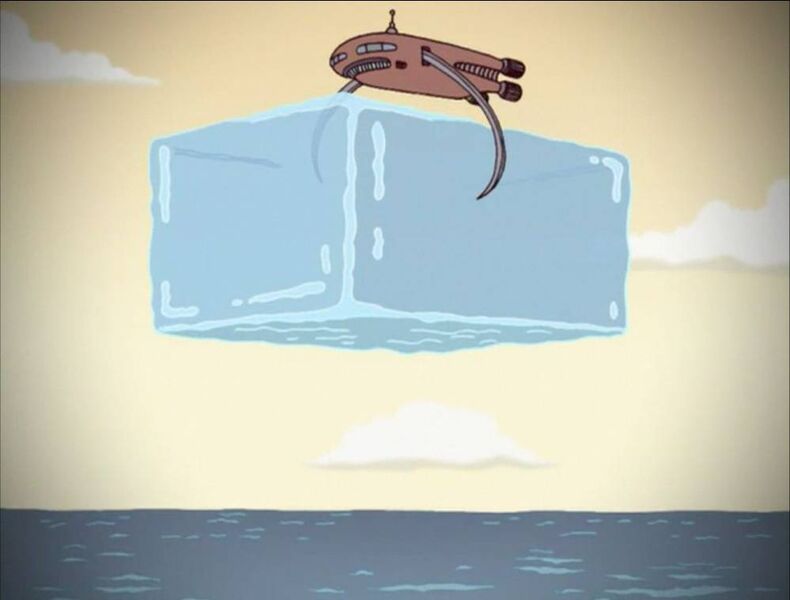uncelestial
Member
NPR: http://www.npr.org/2016/08/18/479349760/should-we-be-having-kids-in-the-age-of-climate-change
Personally I have to admit, my girlfriend wants to get hitched and have babies in the next year and I can't shake this thought. It's paralyzing to deal with the idea that by mid-century we'll be experiencing cataclysmic consequences from climate change.
Anyway, the personal stories in this article are great, I really recommend you guys read it. I am thinking of proposing the "one and done" approach to her, that a couple in this story agreed on, where any kid beyond the first one, which you have biologically, is adopted.
What say you, GAF?
Scientists warn that a catastrophic tipping point is possible in the next few decades. By midcentury, possibly before, the average global temperature is projected to rise by more than 2 degrees Celsius, the point scientists and world leaders agree would trigger cataclysmic consequences. Last year's historic Paris climate agreement falls short of preventing that, so more drastic cuts in carbon emissions are needed.
Adding to that challenge, the world is expected to add several billion people in the next few decades, each one producing more emissions.
In fact, without dramatic action, climatologists say, the world is on track to hit 4 degrees Celsius of warming by the end of the century, and worse beyond that. A World Bank report says this must be avoided, and warns of unprecedented heat waves, severe drought and serious impacts on ecosystems and "human systems."
Back in the classroom, Rieder puts this in less technical terms: 4 degrees of warming would be "largely uninhabitable for humans."
"It's gonna be post-apocalyptic movie time," he says.
The room is quiet. No one fidgets. Later, a few students say they had no idea the situation was so bad. One says he appreciated the talk but found it terrifying, and hadn't planned on being so shaken before heading off to start the weekend.
Still. Even given the apocalyptic scenarios: Can you actually expect people to forgo something as deeply personal as having children? To deny the biological imperative that's driven civilization?
Rieder's audience seems to want an easier way. A student asks about the carbon savings from not eating meat.
Excellent idea, Rieder says. But no amount of conservation gives you a pass. Oregon State University researchers have calculated the savings from all kinds of conservation measures: driving a hybrid, driving less, recycling, using energy-efficient appliances, windows and light bulbs.
For an American, the total metric tons of carbon dioxide saved by all of those measures over an entire lifetime of 80 years: 488. By contrast, the metric tons saved when a person chooses to have one fewer child: 9,441.
And yet, when she imagines raising a child, Ferorelli says she can't help but envision the nightmare scenarios that have dogged her since she first heard the term "global warming" in elementary school.
"Knowing that I gave that future to somebody is something that just doesn't sit very well," she says.
At the New Hampshire meeting, 67-year-old Nancy Nolan tells two younger women that people didn't know about climate change in the 1980s when she had her kids. Once her children were grown, "I said to them, 'I hope you never have children,' which is an awful thing to say," Nolan says, her voice wavering. "It can bring me to tears easily."
Personally I have to admit, my girlfriend wants to get hitched and have babies in the next year and I can't shake this thought. It's paralyzing to deal with the idea that by mid-century we'll be experiencing cataclysmic consequences from climate change.
Anyway, the personal stories in this article are great, I really recommend you guys read it. I am thinking of proposing the "one and done" approach to her, that a couple in this story agreed on, where any kid beyond the first one, which you have biologically, is adopted.
What say you, GAF?


